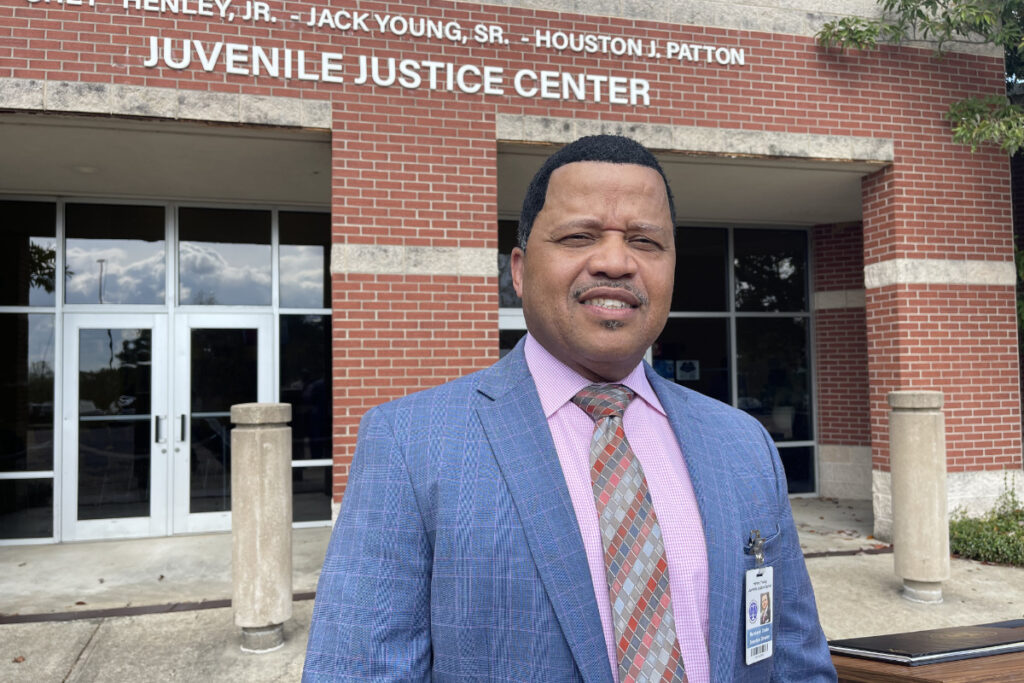In 2011, attorneys for the Southern Poverty Law Center and Disability Rights Mississippi accused Hinds County of putting “children in small cells for 20-23 hours a day and subjecting them to sensory deprivation,” adding that these minors “languish in their cells, receiving sporadic access to educational services and counseling services.” The accusations followed decades of reports of abuse inside the county’s juvenile system and only marginal solutions instituted and sustained over the years.
The SPLC and Disability Rights Mississippi attorneys, representing residents of the facility, filed a class-action lawsuit against Hinds County over how it ran the Henley-Young-Patton Juvenile Justice Center, complaining that children there “suffered abuse and live in unsafe and unsanitary conditions.” The parties agreed to a consent decree that U.S. Southern District of Mississippi Court Judge Daniel P. Jordan III signed in March 2012. Last month, on Oct. 13, the judge wrote that both plaintiffs and the defendant had agreed to terminate that decree.
Another judge in the same court, Carlton Reeves, appointed a receiver on Oct. 31, 2022, for the Hinds County Detention Center for adults, which is in Raymond, Miss. The judge wrote in July that “persistent deficiencies in staffing and supervision embolden gangs and encourage the widespread circulation of contraband.”
At a press conference on Monday, Oct. 31, Hinds County officials described the end of the consent decree for Hinds’ juvenile facility as a significant milestone and credited progress made over the years at the facility.
“It’s a great day,” Hinds County Board of Supervisors President Credell Calhoun told the Mississippi Free Press after the press conference Monday.
“We are also doing what we can to make sure that we take care of detainees, make sure that they are safe, and make sure that the staff is safe when they are taking care of the detainees,” he said at the press conference.
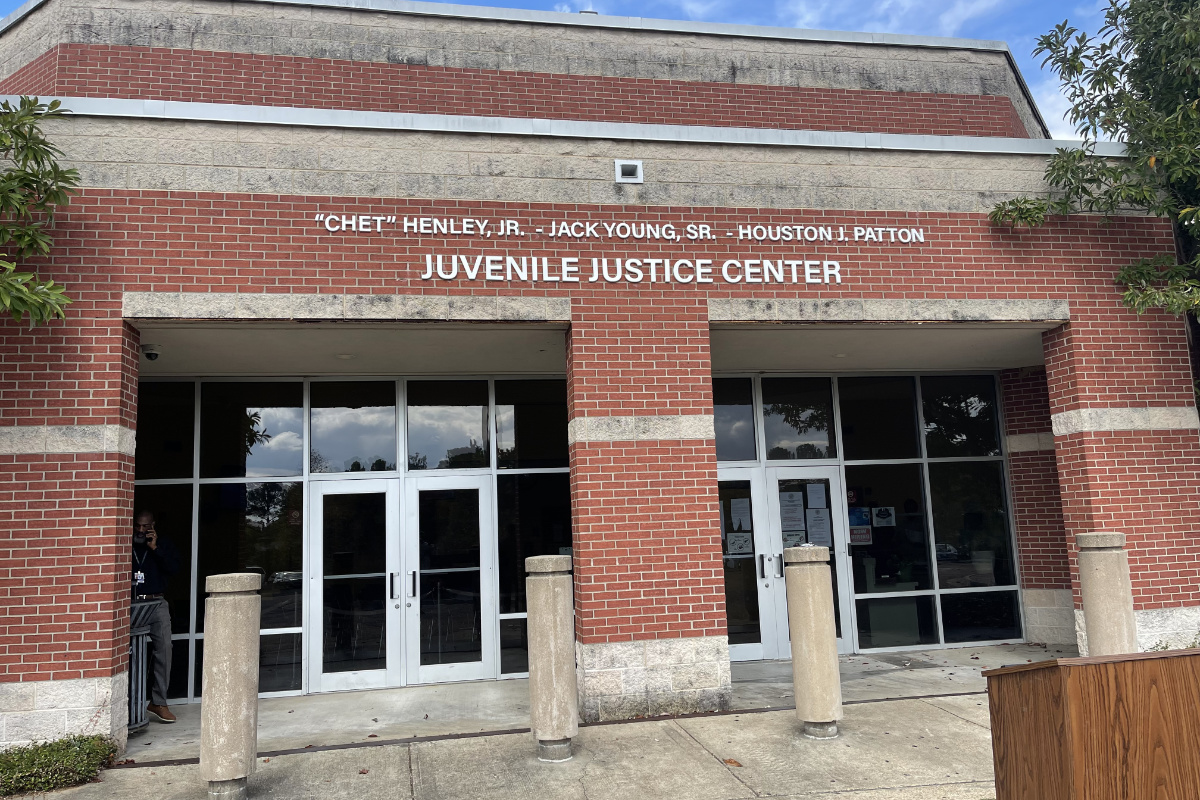
The facility’s executive director, Marshand Crisler, said that removing the consent decree is “one of the greatest accomplishments we could have achieved here at this facility.” He noted that he inherited a facility under two separate consent decrees. In April 2022, Judge Reeves removed the facility from the purview of a Department of Justice consent decree.
“The original sin leading to these sections of the Content Decree was the placement of youth at RDC prior to 2016,” the judge wrote at the time. “There have been no youth placed at the RDC since February 2019.”
Crisler, who is a former Jackson City Council member and interim Hinds County sheriff, promised continued effort to maintain the juvenile facility.
“We’re not going to let up; we will continue to implement the policies and procedures that we need to keep this facility moving forward,” he said. “This is a great facility. We’re committed to making sure it’s a safe, secure, and mind-changing environment for the children that are in our charge, and we’ll continue to do that.”
A History of the Consent Decree
The consent decree, which came into effect in March 2012, was extended in April 2014; amended and extended in March 2016; amended and extended again in March 2018; and extended further until March 28, 2021. Judge Jordan approved a third amended consent decree in April 2019. On April 2, 2021, Judge Jordan extended the consent decree for a fifth time, until March 28, 2023.
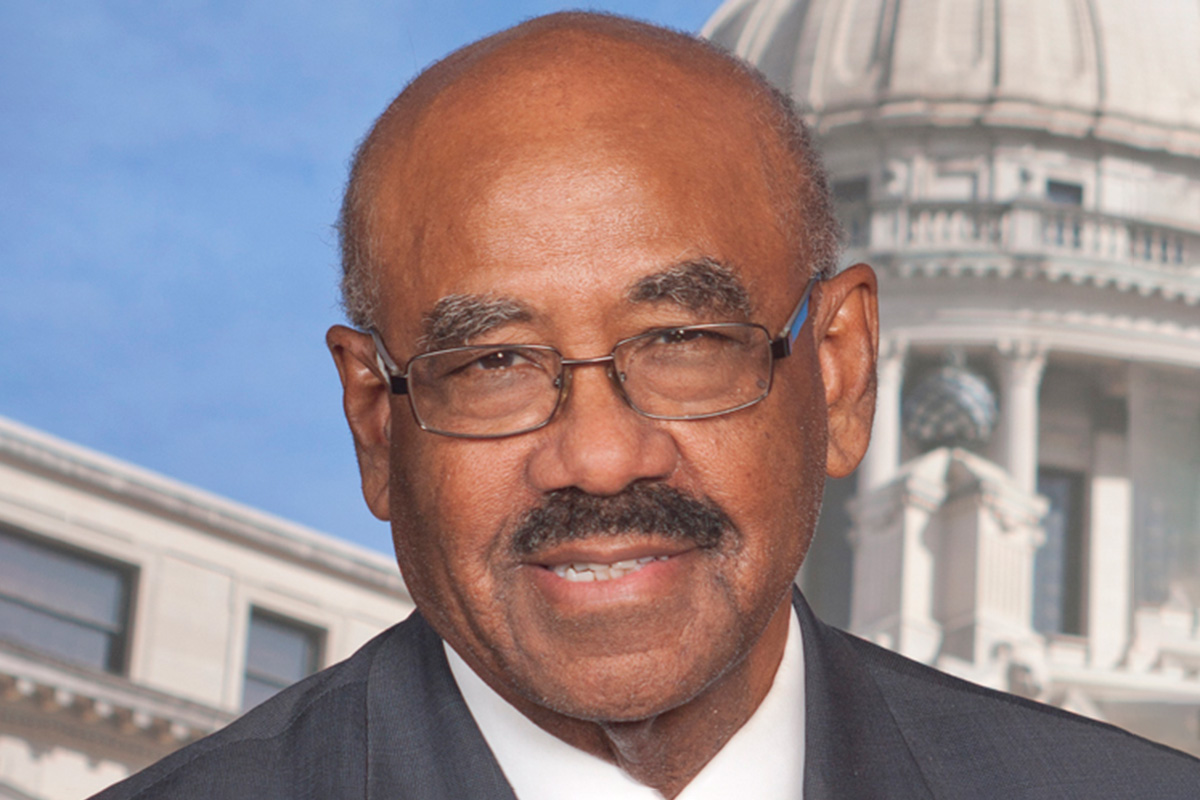
In March 2022, exactly 10 years after the initial consent decree, Disability Rights Mississippi and the Southern Poverty Law Center asked the court to hold Hinds County in contempt. The plaintiffs cited a news report about Jackson Public Schools Teacher Wade Jackson, 30, facing accusations of “gratification of lust” and bringing contraband into the juvenile detention center. The alleged contraband included a cell phone, a box of Black and Mild tobacco products, and a cigarette lighter, the Feb. 20, 2022, indictment said. Jackson’s lawyer, J. Kobie Watson, did not respond to the Mississippi Free Press by press time after requests for comments on Monday and Tuesday.
The indictment also alleged that Jackson committed the two offenses—gratification of lust and bringing contraband to the detention facility—involving a 17-year-old boy at the juvenile detention center. The March 2022 court filing from Disability Rights Mississippi explained that six months after the incident, the plaintiffs had not received information on investigations into the incident and others.
Since April 2021, the organization alleged, the County has violated court orders regarding “the 21-day cap as recommended by the Court Appointed Monitor and adopted by the Board of Supervisors and has repeatedly asserted that the 32-resident cap should not apply to JCAs.” The monitor had recommended that the residents of the juvenile detention facility not stay there beyond 21 days, and that the facility not hold more than 32 residents at a given time.
“Hinds County has also failed to implement required programming and integrate behavior management with medical/mental health treatment. Henley-Young Plaintiffs move for contempt,” Disability Rights Mississippi added.
‘Increasingly Committing Crimes in Groups’
The same day the plaintiffs filed the motion, Hinds County asked the court to terminate or, in the alternative, modify the consent decree. “Because Plaintiffs cannot meet their burden of establishing a current and ongoing violation of federal law at Henley-Young, the consent decree must be terminated,” the county stated.
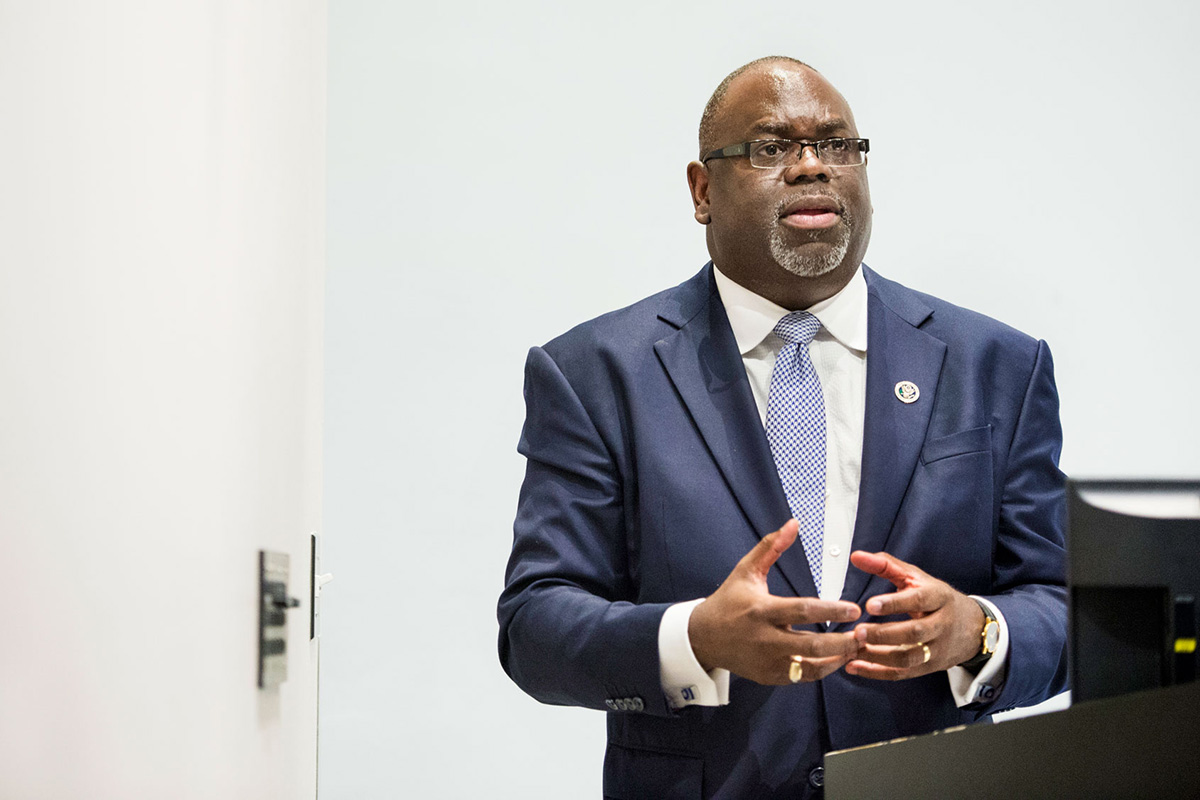
Crisler, the Henley-Young-Patton Juvenile Justice Center executive director, submitted an affidavit supporting the motion. While the consent decree had mandated a 32-person limit at the facility, Crisler said that the diversion of juveniles charged as adults (called JCAs) from Hinds County Raymond Detention Center to the juvenile facility makes that untenable. He says that “each of the problematic issues related to the County’s Youth Court that were included in the consent decree has been addressed and resolved by the county.”
Crisler argued that the facility can hold 80 juveniles and that “youth in the ‘free world’ throughout the County continue to commit crimes that are serious enough to cause those juveniles to be charged as adults.”
“Making the 32-detainee limit even more problematic, the limit was put in place prior to juveniles charged as adults being detained at Henley-Young,” Crisler added. “Worse, in my experience and based on my own perception, juvenile detainees are increasingly committing crimes in groups, thus requiring more than one juvenile to be detained when a crime is committed.”
“Juveniles charged as adults can be highly dangerous, and they must be detained for the safety of the public, yet the 32-detainee limit has placed significant pressure on Henley-Young and its administration,” he concluded.
Young people charged as adults are legally innocent until proven guilty in court.

In July, the defendant argued before the court that since September 2017, the facility had housed children criminally charged as adults in pre-trial detention for up to two years. They argue that the 32-resident cap cannot reasonably apply to juveniles charged as adults because the County cannot determine their number or how fast their cases will move.
‘Plaintiffs Now Consent to Termination’’
The court granted the motion to terminate the consent decree on Oct. 13, 2022. “Following several months of additional briefing and conferences, Plaintiffs now consent to termination of the Consent Decree,” Judge Jordan wrote. “Having considered Plaintiffs’ consent to the granting of the Motion, the Court finds that it should be and is granted.”
Disability Rights Mississippi declined to comment to the Mississippi Free Press on the rationale for agreeing to terminate the consent decree after filing a motion for the court to find Hinds County in contempt. “And just because of legal strategy and confidentiality with our co-counsel (Southern Poverty Law Center) we are not going to comment on that any further,” Disability Rights Mississippi Communications Director Jane Walton told the Mississippi Free Press by phone on Monday.
Hinds County Board of Supervisors Attorney Tony Gaylor told the Mississippi Free Press Monday morning that the county was able to show it had “actually reached compliance with the mandates of the United States Constitution.”
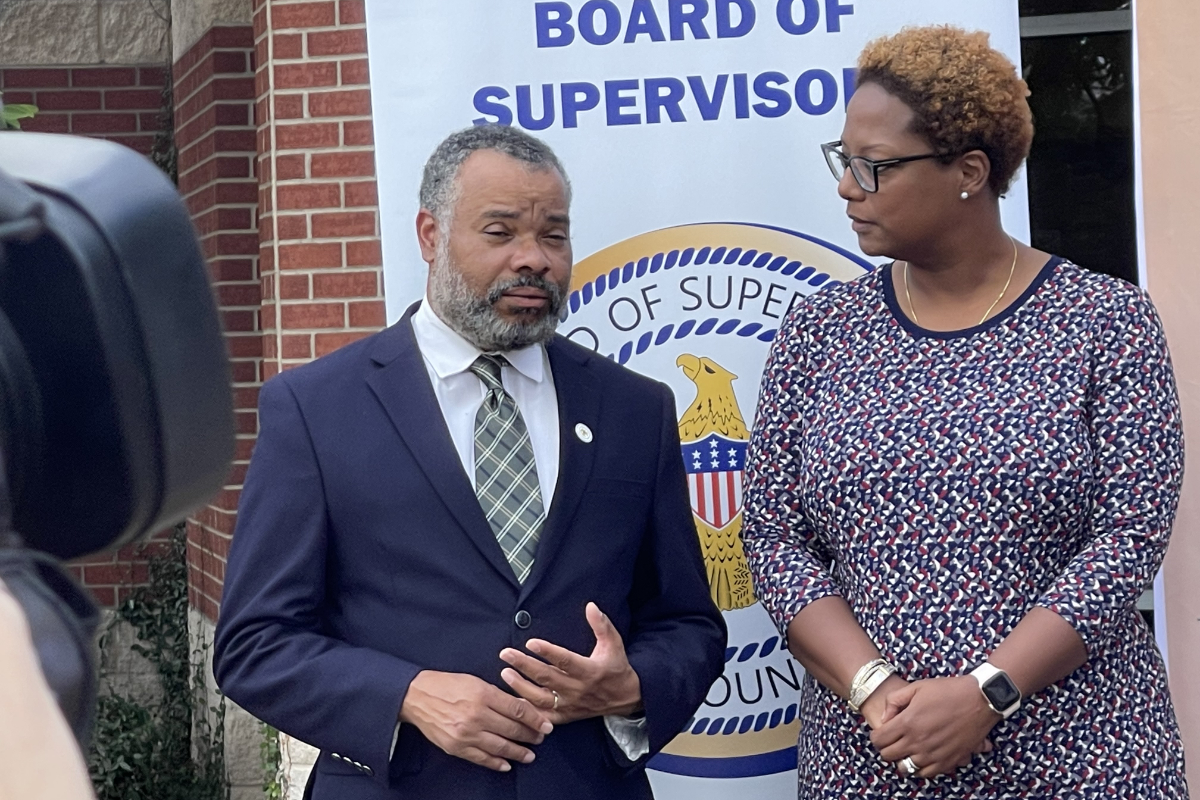
At the press conference, Crisler said the facility housed 45 residents. This number includes juveniles charged as adults with cases in the Hinds County district-court system and children sent from the Hinds County Youth Court.
“This facility can hold up to 80 residents, but we’re not obviously trying to hit that goal,” Crisler said at the press conference. “Quite frankly, we’d like to reduce the number as low as we can to zero.”
“Our only concern is always making sure we have enough staff to care for the residents within our facility. We feel right now, as we stand here today, we have adequate staffing to do that. So we want to continue to grow our staff. As our population grows, we want to make sure we can oversee them properly,” Crisler explained further.
Concern Over Increased Youth Detainees
In a statement made available to the Mississippi Free Press on Oct. 31, 2022, Disability Rights Mississippi expressed concern at the possible negative consequences of increasing the population at the center.
“We express our concern regarding Hinds County’s stated intention to increase the number of youth detained at the facility,” the organization stated. “We will not tolerate a regression of conditions or services due to an increased population in the facility, or for any other reason.”
“As Mississippi’s federally mandated protection and advocacy agency, DRMS maintains broad access to the facility and authority to investigate any and all instances of suspected abuse, neglect, and exploitation,” it added.
“Although the consent decree may be formally dissolved, the agency’s monitoring of Henley-Young will not change.”
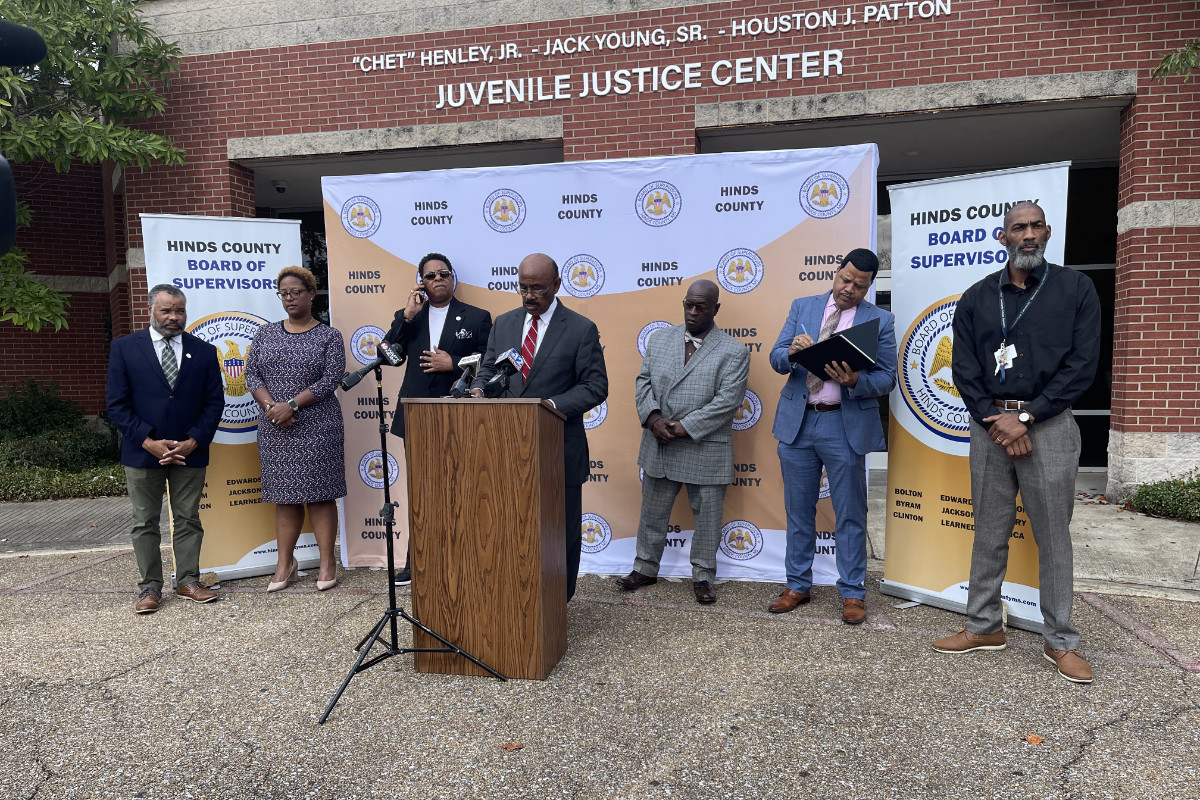
In his conversation with the Mississippi Free Press Monday, Gaylor hinted that keeping Henley-Young-Patton Juvenile Justice Center’s population manageable will depend on other players in the criminal-justice chain. The attorney noted that the juveniles that the youth court puts into the facility are much fewer in number than juveniles charged as adults.
“The youth-court side of the facility rarely has over seven or eight detainees at a time, and they’re only there for a very brief period of time, usually not extending beyond 21 days, quite frankly,” he said. “So we know that we’ll continue to maintain that level of efficiency on that side of the detention center.”
“With regard to the other side of the detention center that houses juveniles charged as adults, we’re cooperating now with the assistance of the Mississippi Supreme Court and the Hinds County District Attorney in making sure that those cases move through the system as efficiently and quickly as possible so that those detainees can make sure that those stays are not too protracted—because it’s going to take the cooperation of our Hinds County circuit and appointed judges as well as the Hinds County district attorney, the Hinds County public defender’s office, and even their private attorneys for those detainees,” Gaylor explained.
“It’s necessary for all of them to be working together optimally in order for them to be moved to the system as quickly as possible,” he added. “So we’re doing our best to try and keep those numbers down.”
Disability Rights Mississippi Communications Director Jane Walton reiterated that terminating the consent decree was a joint decision between the parties, and “that was because, you know, this has been in place for a number of years and per the consent decree, Henley-Young has made progress in and improvements in some of the areas that we want to see (improvements),” she told the Mississippi Free Press on Oct. 28.
“But we do want to make it very clear as well that as far as DRMS is concerned, nothing really is going to change in our work and our monitoring of Henley because Disability Rights Mississippi is the mandated protection and advocacy agency for this state. Our authority is not going to change to monitor and investigate facilities, including Henley-Young,” she added.


